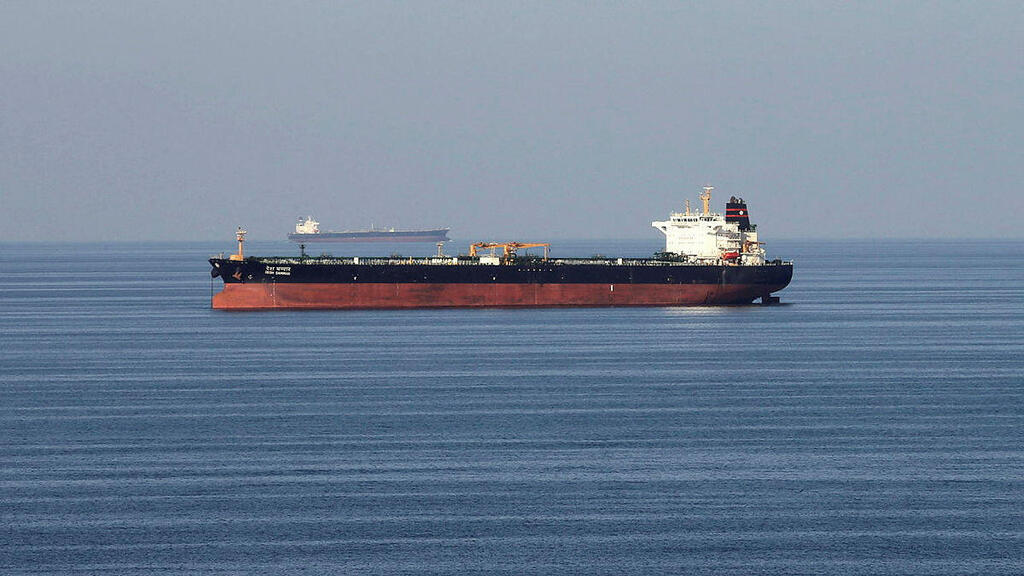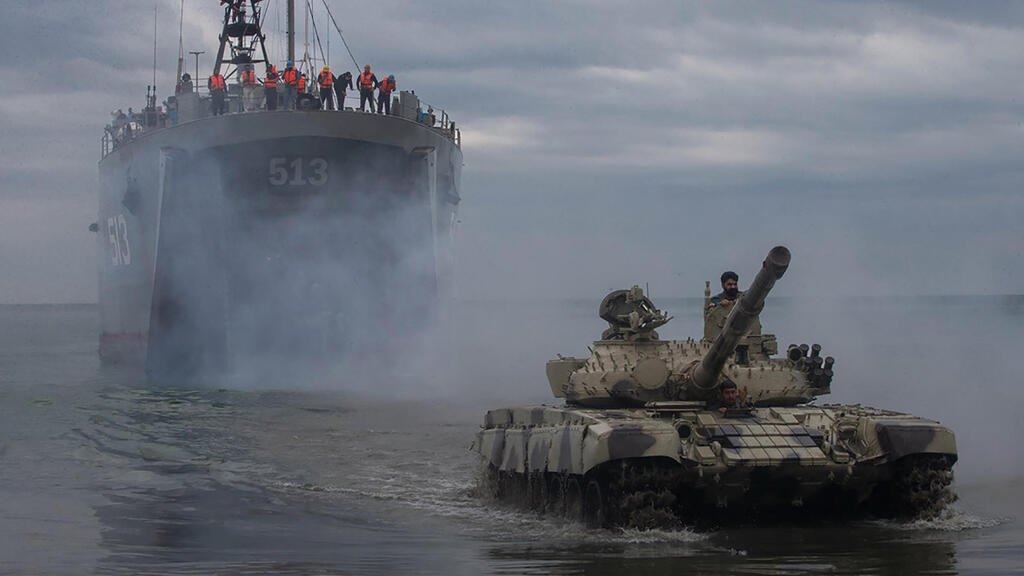Iran’s threat to block the Strait of Hormuz — a key global oil export route — is widely viewed by analysts as a bluff, given the steep economic cost such a move would entail. But even rumors of a shutdown could significantly drive up global oil prices, potentially pressuring world powers to push Israel to halt its attacks on Iranian territory.
Roughly one-third of global seaborne oil shipments and one-fifth of all seaborne liquefied natural gas (LNG) exports pass through the narrow strait connecting the Persian Gulf to the Gulf of Oman and the Arabian Sea. Energy experts consider it the world’s most critical chokepoint for oil transit.
With no viable maritime alternative, even verbal threats to close the strait have already begun to affect oil prices. Iran may escalate such warnings in hopes of leveraging global economic pressure against Israel — especially through Asian countries that import 70% of the oil passing through Hormuz, including China, India and Japan.
A complete disruption of oil and LNG exports from the Gulf would tighten global supply and force Asian industries to hike prices, undermining their competitiveness against European and American firms. That could further destabilize a world economy already reeling from trade wars.
Following the launch of Israel’s strikes on Tehran, crude oil prices surged 13%, a spike that later eased when it became clear Iran’s energy infrastructure remained intact. But markets remain volatile due to Iran’s threats and uncertainty over future Israeli military targets.
According to Goldman Sachs, a disruption in Iranian oil shipments could push oil prices from the current $69.70 per barrel to $100. In a worst-case scenario involving a full shutdown of the strait, prices could soar to $120 per barrel.
Get the Ynetnews app on your smartphone: Google Play: https://bit.ly/4eJ37pE | Apple App Store: https://bit.ly/3ZL7iNv
This would be particularly severe for the Organization of the Petroleum Exporting Countries (OPEC), as the majority of its oil reserves are located in the Persian Gulf and would become inaccessible if Iran follows through on its threat. A war between Israel and Iran could quickly snowball into a global economic crisis, giving many nations a strong incentive to seek diplomatic solutions.
Iranian diplomats have already contacted European leaders, warning that closure of the strait would cause extreme shortages and shipping bottlenecks that could rival the supply disruptions of the COVID-19 pandemic. Without de-escalation, Iran could deliberately drag the world into a severe economic and energy crisis.
Threats against maritime shipping are not new — the Houthis have long targeted commercial vessels in the Red Sea and the Iran-Iraq War earned the nickname “the Tanker War” due to frequent attacks on oil tankers. However, the Strait of Hormuz has never been completely blocked. Unlike the Red Sea, where alternative routes exist (albeit longer and more expensive), Hormuz has no backup.
Some analysts believe Iran is using the threat of closure as a bargaining chip in future ceasefire talks with the West, much like it did in 2012 to push back against international sanctions.
But such a move would also reduce Iran’s own oil revenue at a time when it desperately needs funds for defense, attacks and basic goods. More dangerously, it could provoke a direct military response from the United States, which has so far avoided direct involvement in the fighting.
The U.S. operates naval bases in the region that rely on access to the strait. But more critically, a closure could trigger a global price shock that would hit American consumers directly — potentially prompting U.S. President Donald Trump to authorize direct military action against Iranian targets.
Ironically, one of the few countries that would remain largely unaffected by a closure of Hormuz is Israel, which imports all its oil through the Mediterranean.






